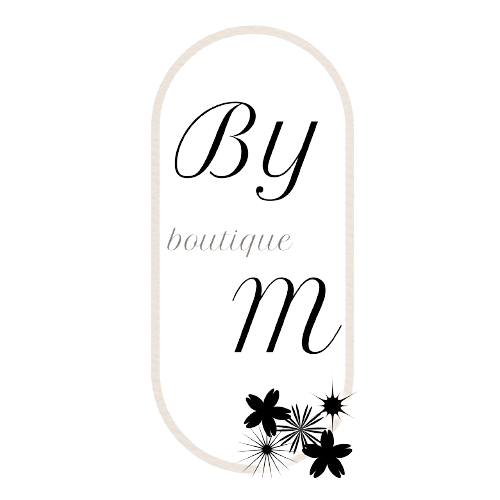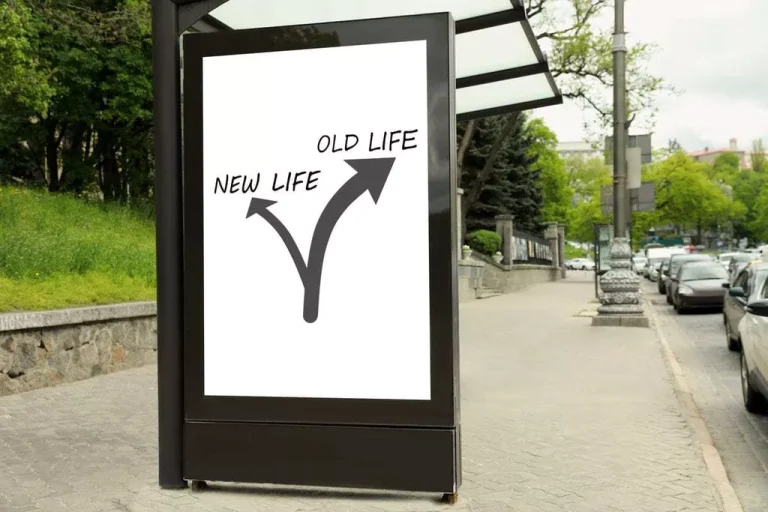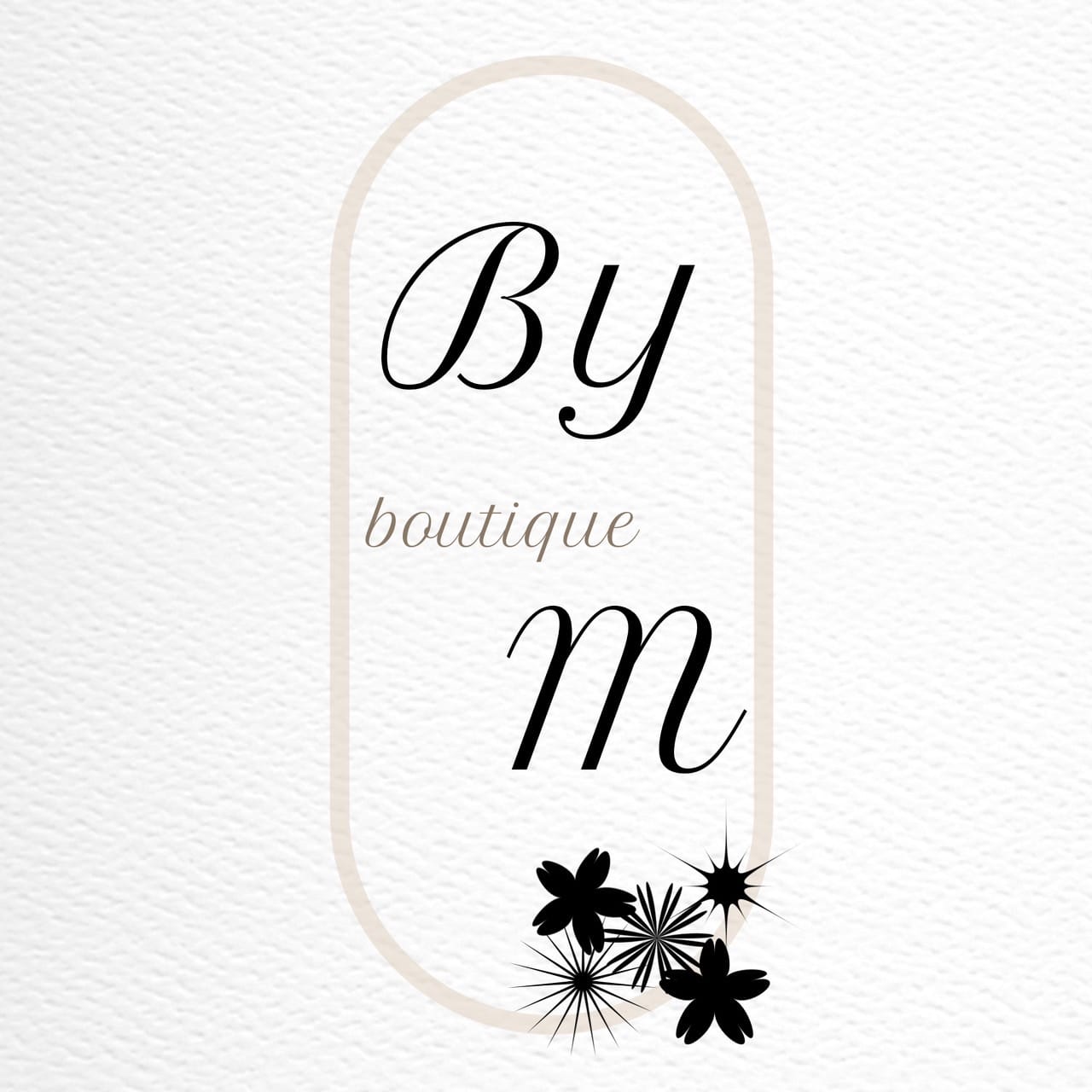
50 Substance Abuse Group Therapy Activities for Recovery

Ask your clients to close their eyes, breathe deeply, and try to clear their minds. Doing this longer than ten minutes may make your clients feel uncomfortable. Conflicts can arise in all types of group settings, whether due to differing opinions or personal disagreements. It’s important for group facilitators to address conflicts promptly by encouraging open and respectful communication.
Group Cognitive Behavioral Therapy
This statistic highlights the persistent nature of addiction as a chronic condition. Topics may include identifying warning signs, seeking help during a crisis, and developing a strong support system. More information is below about understanding relapse and preventing relapse after substance abuse treatment. One substance abuse group activities of the most common experiences people in recovery share is cravings and triggers to drink or use drugs, and discussing them can help prevent relapse. Whether it’s 12-step meetings, SMART Recovery, or group therapy, these services are a crucial part of drug and alcohol treatment programs and aftercare support.

What Role Do Harder Activities Play in Group Therapy?
Group activities and group therapy as part of addiction treatment programs play a vital role in relapse prevention for people recovering from substance abuse. These activities offer support, build skills to manage triggers and cravings, and foster a sense of community to maintain sobriety. Group therapy can focus on various issues, such as anxiety, depression, addiction, grief, or interpersonal difficulties. This can include medication-assisted treatment, group therapy, individual therapy, life skills groups, psychoeducation groups, and support groups. Some clients may present with reluctance to participate in the different forms of group therapy during their treatment program.
- This sense of belonging and shared understanding can be transformative, fostering feelings of support, reducing isolation, and offering invaluable insights along the path to recovery.
- Being a part of a group can help establish a source of accountability for group members.
- You can help participants work through emotions, feeling, situations, and actions that trigger substance use.
- Volunteering supports addiction recovery by providing you with a sense of purpose and fulfillment.
Ensuring a Supportive Environment
- Most addiction treatment centers, from smaller outpatient facilities to comprehensive centers with residential options, offer some form of group therapy or peer support.
- It also resolves emotions and provides relief for participants within a safe and accepting circle.
- Sessions may occur anywhere from daily to monthly, depending on the level of care.
- To learn more about addiction recovery, please reach out to a Recovering Champions specialist.
- These exercises can include mindfulness activities, deep breathing exercises, or brief reflections on personal progress since the last session.
- Mock job interviews and resume building workshops prepare individuals for re-entering the workforce with confidence.
While individual therapy sessions focus on personal issues, group activities can provide invaluable insights into the perspectives of others. Up to 60% of people with substance use disorder relapse after treatment. This could include severed relationships, health issues, or financial issues. The 12 Steps guiding principles were created for alcohol addiction recovery, but they can be helpful with all forms of substance abuse therapy. The core idea behind the 12 Steps is the acceptance of powerlessness in order to embrace support from something bigger than ourselves. Additional types of substance abuse group therapy include specialized groups, relapse prevention treatment, communal and cultural groups, and expressive groups.
- For these participants, art therapy with simple prompts can effectively convey how they feel.
- A 2-page handout that describes seven uncommon grief experiences, such as delayed or disenfranchised grief.
- A 1-page checklist with quick tips, self-soothing, and indulgent ideas for self-care.
- What’s more, you can encourage your members to take up meditation in their private time.
Discussing Self-Care

Volunteer work helps people in recovery focus on the well-being of others, which not only boosts self-esteem but also shifts attention away from personal struggles. Volunteering also fosters a sense of community and belonging and helps you build healthy social connections. This relapse prevention group activity reinforces positive behavior through acts of service.

Overview of Different Types of Relapse Prevention Group Activities
By simulating scenarios involving peer pressure or social settings, participants can practice assertively declining offers of drugs or alcohol. These activities build confidence, enhance communication https://ecosoberhouse.com/ skills, and empower individuals to prioritize their recovery goals. Understanding the far-reaching effects of substance abuse is essential for individuals in recovery and their loved ones.
Learning to play an instrument or joining a group activity such as a singing class can be a therapeutic outlet for emotional expression. It can also promote relaxation and build social connections, thus aiding in relapse prevention. Relapse prevention group activities that are fun and relaxing provide a balanced and sustainable approach to sobriety. Engaging in enjoyable activities and finding time to relax can reduce stress, improve mood, and enhance overall well-being and mental health.
Group Activities For Addiction Recovery
- Peer-led group activities in treatment programs for relapse prevention can enhance engagement and relatability among group members from diverse backgrounds.
- Engaging in volunteer or community service projects as a group can play a pivotal role in preventing relapse.
- As the therapist, you may lead the check-in activity by preparing a list of subjects each member can speak on.
- These activities build confidence, enhance communication skills, and empower individuals to prioritize their recovery goals.
- Learn about addiction treatment facilities that can meet your or your loved one’s needs by visiting AddicionResource.net today, or call us for assistance.
The group members shared practical advice and personal insights that Jack could relate to, which made the support feel genuine and actionable. Vision board sessions are effective relapse prevention group activities because they help you articulate your goals and plans. This type of visualization helps you envision a healthy, alcohol or drug-free future and keeps you motivated to stay sober. The physical exercise involved in these activities boosts mood and helps to manage anxiety and depression, which can be triggers for alcohol or drug use. Fun group activities, hobbies, and mindfulness practices can replace negative behaviors with constructive ones.

